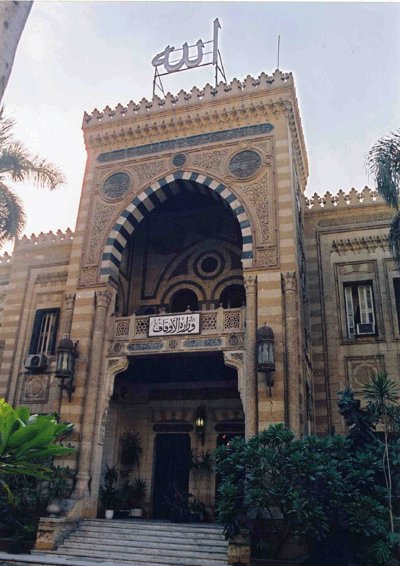The Ministry of Endowments organised a workshop on Wednesday and Thursday to “raise awareness” amongst imams on the “growing dangers of the spread of Baha’ism,” the ministry said.
According to the ministry, the workshop comes in the context of “maintaining the Islamic constants and foundations in the face of deviant thoughts that destroy the minds of young people”.
Unlike Islam, Christianity, and Judaism, the Baha’i faith is not recognised as a “heavenly religion” in the Egyptian constitution .
Article 64 – the constitution’s “freedom of belief” article – dictates that “practicing rituals and establishing places of worship for the followers of heavenly religions is organised by law”- an article that activists claim marginalises groups like the Baha’i.
The workshop, held in Abasseya’s Al-Nour Mosque, is also intended to maintain “national security and stability” as Baha’i thought allegedly “threatens Islam specifically and Egyptian society in general,” according to the ministry.
The workshop also aims to teach young imams how to respond to Baha’i thoughts and arguments.
The Baha’i faith is a monotheistic religion originating in 19th century Persia. In today’s Iran, followers of the Baha’i faith face frequent discrimination and abuse at the hands of government institutions.
Recent estimates suggest there may be between 500-3,000 Baha’is living in Egypt. On a number of occasions, including 2009 and 2011, Baha’is in Sohag were attacked and their homes were burned.
Over the summer, the ministries of endowment and culture also agreed on a joint cooperation protocol to confront religious extremism and atheism.


